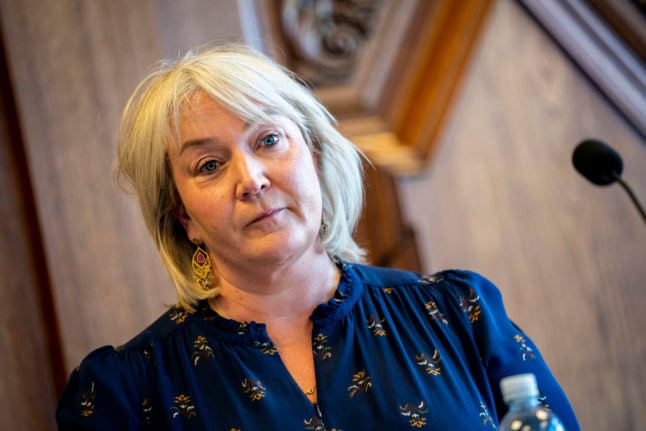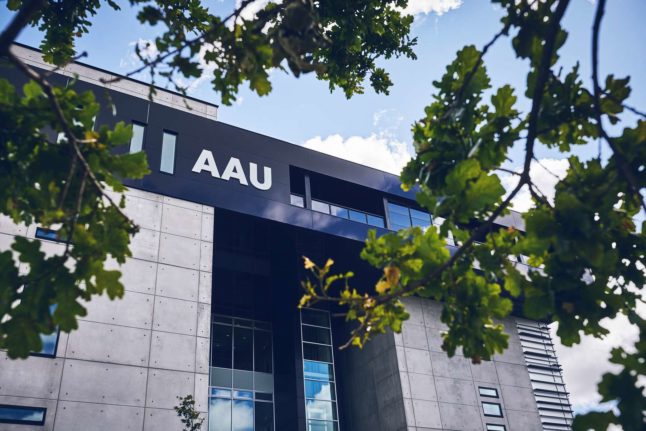A joint letter sent by the parties to the Minister for Higher Education and Research, Christina Egelund, sets out the concerns the parties have over the plan.
Only one opposition party – the national conservative Denmark Democrats – is not signatory to the letter.
Presented at the beginning of March, the government’s higher education proposal is to create new Master’s degrees lasting one and a quarter academic years.
The degrees would be organised over two semesters followed by a major final assignment which would be written over the summer.
As many as half of the two-year Master’s degrees currently offered at Danish universities will be given the new, shorter structure should the proposal be adopted.
Another feature of the proposal is to increase the number of places on English-language Master’s degrees by 1,100 between 2024 and 2028, and by an overall 2,500 from 2029.
READ ALSO: What do proposed university reforms mean for students in Denmark?
The eight parties urged the government to come up with an alternative plan at an initial meeting last week, news wire Ritzau reports.
Egelund meanwhile told newspaper Politiken that “nothing here is ultimate” with regard to the proposal.
Nevertheless, the plan to make Master’s degrees shorter is a fundamental element of the government’s intentions for higher education, she said.
“I’m not standing at the entry to the negotiating room and asking them to take an oath to be faithful to the government proposal one-to-one,” she said.
“This is the reason why we invite to political negotiations. It is actually to negotiate. And that’s why I will be open-minded in looking at what concrete proposals [other parties] have when we meet for talks later today,” she said.
Mayors in Denmark’s four largest cities – Copenhagen, Aarhus, Odense and Aalborg – have each expressed criticism of the proposal. All of the mayors are members of the governing Social Democratic party and each of the cities is home to a university.
Academics and students have also been critical of the plan, arguing it will reduce the quality of higher education.



 Please whitelist us to continue reading.
Please whitelist us to continue reading.
Member comments